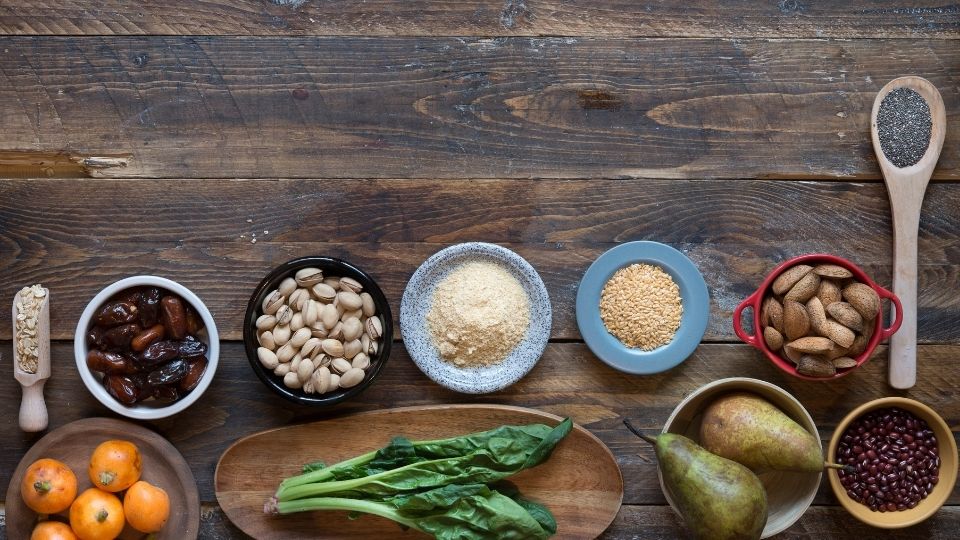It’s not uncommon for patients to ask about how much fiber they should be eating after bariatric surgery. The answer really depends on the type of surgery you underwent, but in general, most people need at least 25-30 grams per day. This article will discuss what types of fiber are best and give some tips on how to work more fiber into your diet after bariatric surgery in West Texas.
Types of Dietary Fiber
There are two types of dietary fiber: soluble and insoluble. As the names imply, soluble fiber dissolves in water and insoluble fiber does not. Both types of fiber are important for bariatric patients. That’s why they factor into the bariatric diet plan.
Soluble fibers dissolve in water, forming a gel-like material that slows down digestion. Foods high in soluble fiber include:
- Oatmeal
- Beans
- Blueberries
- Avocados
Insoluble fibers help move waste through your GI tract, which makes them great bariatric fiber. Foods high in insoluble fiber include:
- Celery and other crunchy vegetables
- Potatoes and other starchy veggies
- Whole wheat bread
Tips for Adding Fiber to Your Diet
- Opt for fiber supplements for gastric bypass patients.
- Add chia, flax, or hemp seeds to shakes, oatmeal or yogurt.
- Top pancakes with berries instead of maple syrup.
- Swap white rice with brown rice whenever possible! Brown rice has more fiber.
- Snack on crunchy veggies like carrots, celery, or cucumbers instead of chips.
- When making smoothies, try adding in some avocado! This creamy fruit is also high in fiber and healthy fats.
- Make cauliflower rice to use as a low-carb alternative to grains when cooking meals like stir fry or fried rice.!
By adding more fiber into your diet through foods and bariatric fiber supplements, you’re helping improve the efficiency of nutrient absorption after bariatric surgery while also improving weight loss by getting rid of excess waste quickly through regular bowel movements that high-fiber foods promote.
Fiber is essential for your post-bariatric surgery health, and it will help you maintain a healthy weight. If you don’t get enough of this nutrient, then chances are you won’t be able to keep the pounds off after bariatric surgery. Our team at West Texas Bariatrics can provide tips on how much fiber should go into each meal so that we can work with our patients to create a plan around their dietary needs. We want everyone who has undergone bariatric surgery or considering going under the knife in order to lose weight, have more energy or break free from chronic illnesses like diabetes or high blood pressure to succeed!
Book your gastric bypass surgery in West Texas today! Or take some time to learn about gastric sleeve surgery in Lubbock.



























